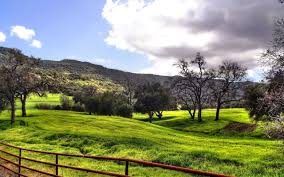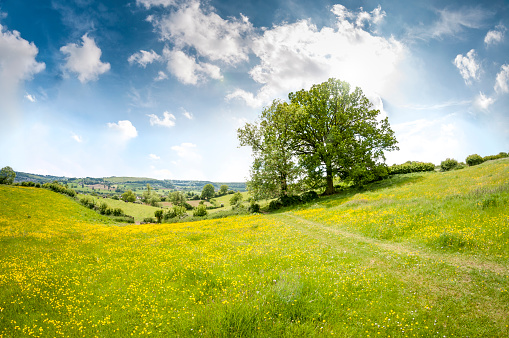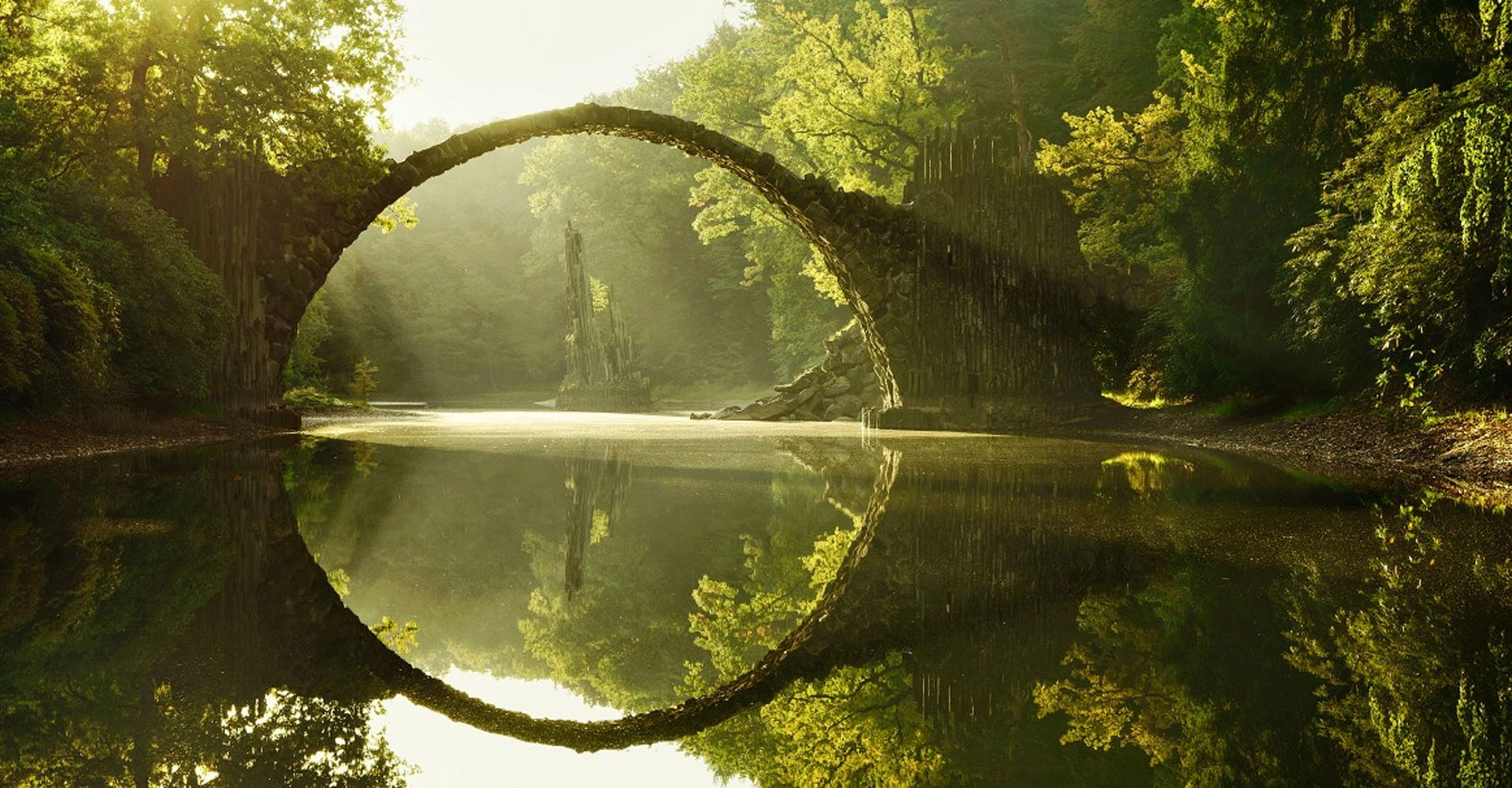BUILD THE TEAM
students
The team is designed to include up to 20 students. We can work with one higher education institution and the student team can be compiled completely of students from one institution, or we can build a student team from several different higher education institutions.
The Project is open to students of any major from any year. The course follows roughly 3 semesters (4 quarters), so if you are a senior when you start, your involvement will continue past graduation.
DESIGN PROFESSIONALS AND MENTORS
Because the project is to redesign an existing space in need of sustainable design innovation, we require the skills of licensed and professional designers. We will be working with architects, engineers, lighting designers, and general contractors. Based on the nature of the project and scope of work, we will need additional specialists and consultants. Throughout the coursework the team will be exposed to typical and unique problem solving opportunities. Hurly burly innovations will be able to bring in guest lecturers from their well of partnerships in order to provide a deeper understanding of an apropos topic. This team of people: licensed and professional designers and engineers, construction professionals, consultants, and specialized experts will serve as the students mentors for the duration of the project and beyond.
FACULTY
If we work with a student body from a single higher education institution, we will be partnered with an educator/faculty member from that institution as a part of our team.
If we build a student team from several different higher education institutions, we will partner with an educator from one of the institutions or from an additional outside partner.
FACILITATORS
Members of hurly burly innovators will serve as facilitators of the process from beginning to end of the students' experience. Two to three facilitators will be assigned to each Project. They serve as Owner's Rep to the Client and as guides for the students and professional team. They ensure the Hurly Burly Innovators Process is adhered to and completely explored.
THE COURSE: 4 PHASES
SHARE, IMMERSE, RELATE, TRANSLATE, HONOR, AND VALIDATE
In this course, you will learn about:
An innovative design process that can be translated to any project requiring thought before it is implemented.
After successfully completing this course, you will be able to:
Engage with and learn from a group of mentors who know and care about you.
PHASE 1
PRE-COURSE PREP
The students are asked to prepare themselves for the course by:
- Visiting a space to look at space and light in a new way. They should document their feelings, thoughts, and reactions.
- Write a reaction to their favorite or least favorite spaces.
SHARE AND IMMERSE
The experience begins with the students participating in a rapid charrette (brainstorming session) where they express their interests, goals and aspirations for the course. They are partnered with a mentor (professional team member of the project).
The student is expected to immerse themselves into the space they are redesigning. They will be required to conduct historical research and lighting anthropology; these two tasks allow the student to immerse themselves in function of the space and its citizens.
PHASE 2
RELATED, TRANSLATE, AND HONOR
PHASE 3
CONSTRUCTION AND POST CONSTRUCTION VALIDATION
Student conducts validating research. This gives them an opportunity to see what works what doesn't, what they were able to adhere to from the beginning, reflect, learn, and better their approach if necessary.
PHASE 4
POST EXPERIENCE WRAP UP
STUDENT REFLECTION, PORTFOLIO DEVELOPMENT, EVALUATIONS
The students participates in the ribbon cutting ceremony for the project, direct all media and public relations to promote the project, participate in speeches at press conferences, are assisted with portfolio development, and perform self and team evaluations.
AFTER THE PROJECT AND BEYOND
PROMOTING IMPACT OF PROJECT
The students and professional team members emerge from the project experience with a better understanding of how to be innovative thinkers and doers.
They've developed the following innovators' skillset:
- curiosity
- criticism
- continuous improvement
- creative problem solving
- research by acquaintance
- collaboration
- civility
- flexibility
- communication
- strategic thinking
- compassion
- empathy
- adaptability
- courage
- design thinking
- agility
- skepticism
- leadership
- synthesis
The student and their mentor have fostered a relationship through the vehicle of working on a real world project. That relationship is intended to stay intact throughout the career of the student as a resource and person of support.












